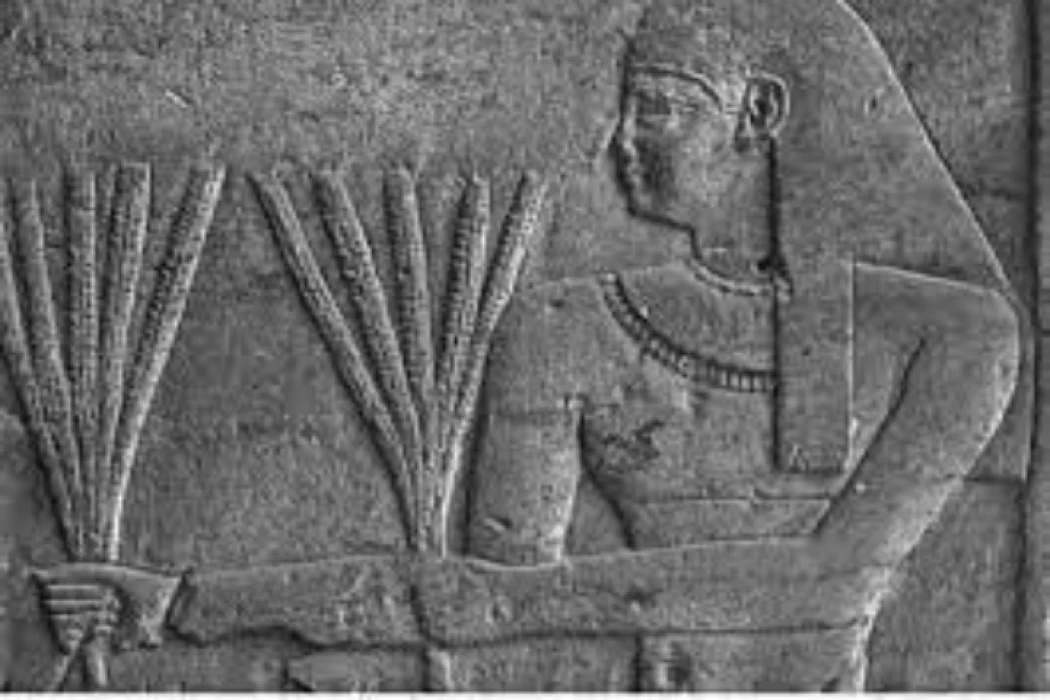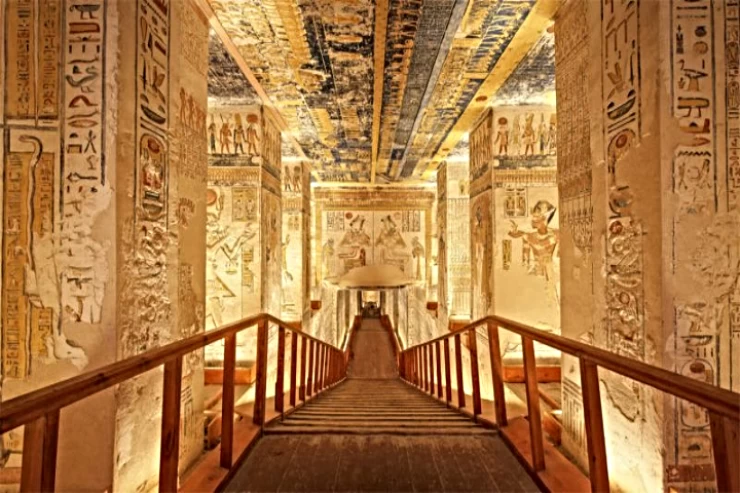
Neper God Of Grain
Neper
Ancient Egyptian deity.
A personification of the grain, he was considered, in popular religion, the son of Renenutet. In the agricultural calendar, the beginning of sowing coincided with his birth. Thus, this minor god of the Egyptian pantheon was very closely linked to the idea of resurrection (just as vegetation seems to be reborn each year). This character was undoubtedly very ancient, since the Sarcophagus Texts provide "formulas for the transformation of Neper."
This role is embodied in funerary furniture by molds in the shape of Osiris (referred to by Egyptologists as "vegetating Osirises") sown with grains which, when they germinate, represented the return to life.
God Nepri
Neper played an important role in Egyptian religion; this fact is confirmed by coffin texts, the Book of the dead and the Imy-dwAt. Npri's role in the, book of the dead in terms of providing the dead with food, is a limited role compared to his roles in the coffin texts, which were linked to resurrection and life that he grants for the dead.
A personification of the grain, he was considered, in popular religion, the son of Renenutet. In the agricultural calendar, the beginning of sowing coincided with his birth. Thus, this minor god of the Egyptian pantheon was very closely linked to the idea of resurrection (just as vegetation seems to be reborn each year). This character was undoubtedly very ancient, since the Sarcophagus Texts provide "formulas for the transformation of Neper."
This role is embodied in funerary furniture by molds in the shape of Osiris (referred to by Egyptologists as "vegetating Osirises") sown with grains which, when they germinate, represented the return to life.
Neper played an important role in Egyptian religion; this fact is confirmed by coffin texts, the Book of the dead and the Imy-dwAt. Npri's role in the, book of the dead in terms of providing the dead with food, is a limited role compared to his roles in the coffin texts, which were linked to resurrection and life that he grants for the dead.
Figure (1) a Nepri in the temple of Sahu-Ra, b details of the figure (After Borchardt, 1913, pl. 30)
Figure (2) Nepri in front of Sekht and Hapy in wadi-Elsebu‛ (After Guglielmi, Die feldgˆttin Sxt, in die welt des orient, Band VII, 1973-1974, p.222, Abb.2)
Figure (3) a Nepri in front of Sokar-Osiris holding wheat bunches in Dendara, b details of the figure
What Neper Did in Myth Stories
Neper’s job as the god of grain was many-sided and important to the well-being of old Egyptian society. As the watcher of grain, Neper’s job was making sure the land was fertile and there was a good harvest. This job was key in a place where farming was the main part of the money and everyday life.
Think of a world where the success of your fields decided not only your food but your overall success. People needed Neper’s help to make sure the fields would produce lots of grain, which would keep the people fed and support the money system.















